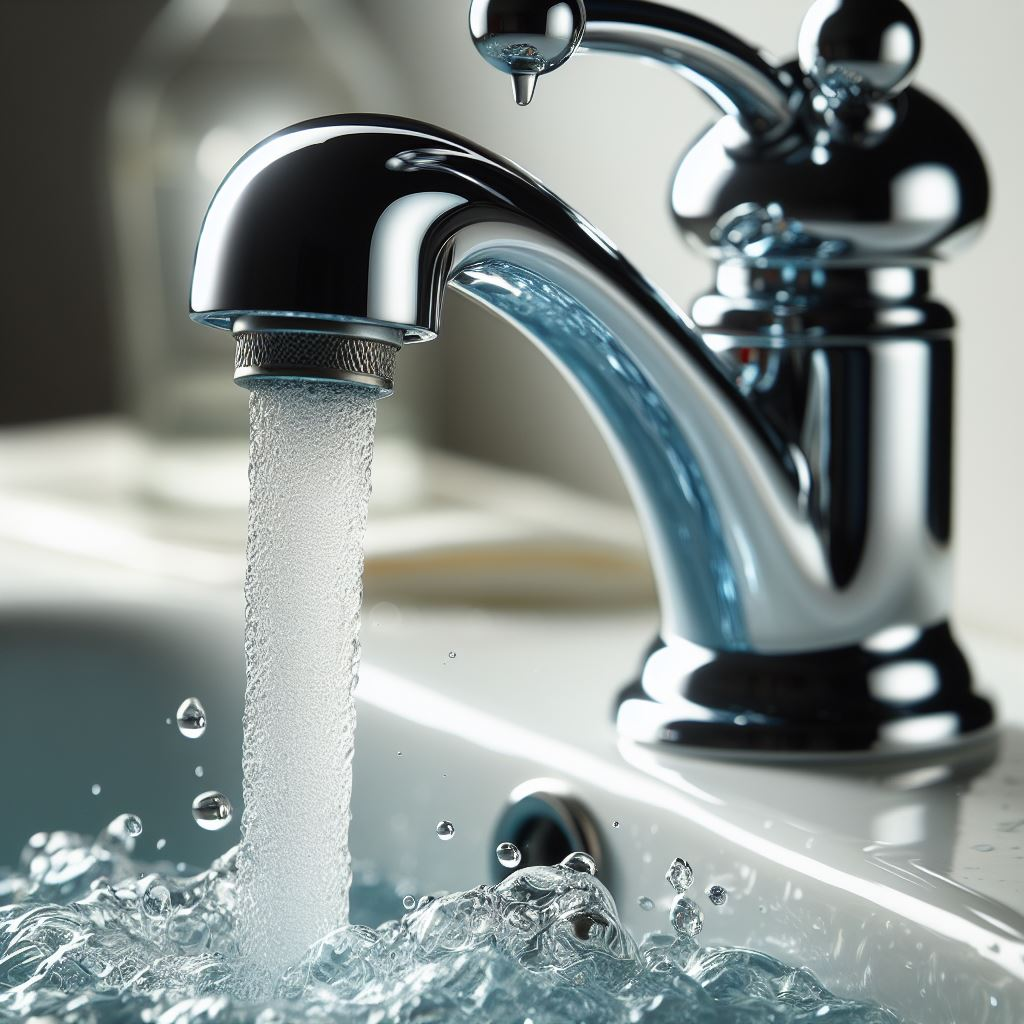Water
According to an Inuit Tapiriit Kanatami (ITK) report in Fall 2020, only 5 of the 51 communities in Nunangat had access to permanent, clean water supplies. 41 of the 51 rely solely on trucked water, while another 5 have a combination of piped and trucked water access or piped and portable dispensing units. For those few that have piped water systems, existing systems are undersized and failing. In Nunavut, for example, 86.8% of water treatment facilities and 84.4% of water pump stations are reported to be in poor condition. The limited number of piped water distribution systems in Inuit Nunangat tend to be decades older than their intended lifespans, and the reliability of trucked water systems is often compromised by multiple factors, including blizzards and breakdowns. Boil water notices are constant. Further, according to the ITK report, buildings that rely on trucked water also have septic tanks that the family must be sure to manage the level in as well.
Recently plans to install a new water pipeline in Yellowknife had to be delayed when the construction bids were nearly double the original estimates. In 2025, the estimate increased to triple its original figure.
These problems have persisted for decades. Solving them permanently is beyond the means of local and territorial governments and must compete with infrastructure projects across Canada for limited federal funds.
This is where Promise for the North can be a game changer. We will combine funding from the government with private donations. We will then work with communities to implement projects using donated or at-cost materials and labour. Our target is to reduce overall cost by one-third, then split the funding of the remaining two-thirds evenly between government grants and charitable donations.
Projects we stand ready to implement include:
- Distilling of the abundant seawater.
- Building pipelines to freshwater lakes, rivers, and reservoirs.
- Locating underground aquifers and drilling deep wells to access.
- Repairing, upgrading, or replacing existing pumping stations to increase reliability.
- Working with electricity providers to install backup generators at water plants.
- Increasing community water tank storage capacities to increase reliability.
- Ensuring all water sources are not just chlorinated, but also filtered, to remove contaminants that are exacerbating the health crisis.
- Repairing, upgrading, or replacing existing sewage treatment systems as needed.
While communities and Ottawa are capable of, and, in some cases, already pursuing similar projects, they are being done at high costs. This restricts the scope of these projects or, at best, consumes limited funds that could be used for further infrastructure improvements. Involving our charity will lower the cost and bring in private donations, stretching government dollars.
Additionally, we will work with construction companies to augment their craft with local residents as apprentices. These apprentices will have an opportunity to learn the construction trades, leading to great career opportunities and providing the community with certified local trades people for future projects. Also, they will be given the opportunity to be trained in the proper operation and maintenance of water plant systems, providing good jobs and long-lasting careers as plant operators and again providing the community with needed skills to ensure the water plant functions well for decades to come.
Below is a link to the 2020 ITK report which provides a detailed account of the water crisis in the territories.


